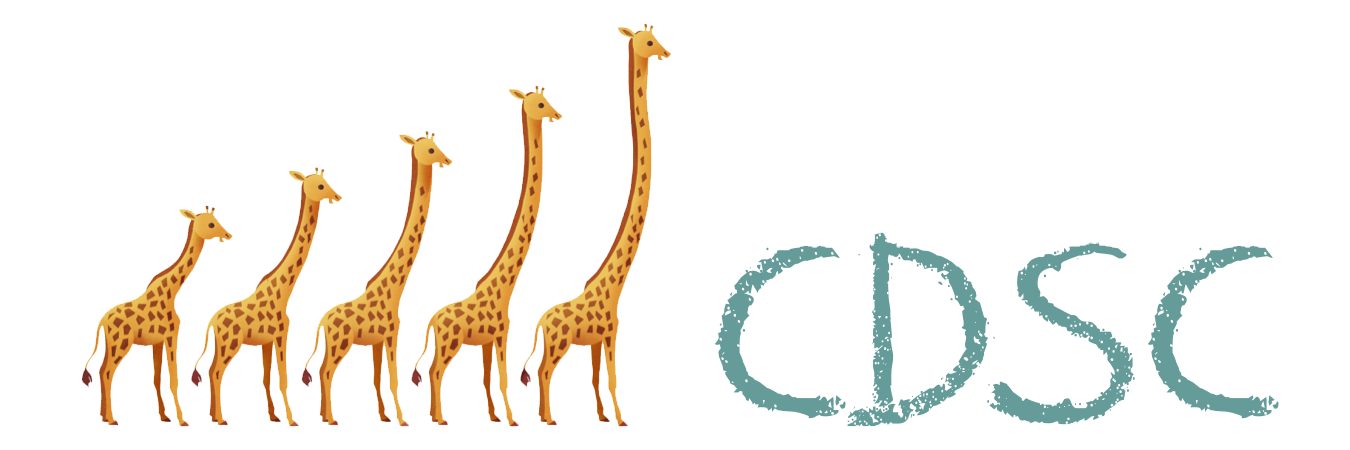About Our Research
Our research examines how children learn and reason about the world around them. We are interested in understanding how children form categories of animals, everyday objects, and people, and how children make sense of human social behavior.
Psychological Essentialism
Psychological essentialism is a cognitive bias that leads people to believe that certain category members share an underlying reality or true nature that cannot be directly observed. For example, people often believe that a lion will generally be ferocious even if it was raised by a flock of non-ferocious sheep, and even if it doesn’t look like a typical lion. We examine both the development of psychological essentialism (for example, how does cultural input like language transmit essentialist beliefs?) and the role of psychological essentialism in shaping children’s and adult’s expectations and attitudes about social categories.
Language and Motivation
This work investigates how certain types language might affect children’s motivation to engage in tasks that are associated with certain groups. For example, how does input about scientists combine with stereotypes to shape children’s motivation to do science? These studies also examine how adults may subtly, and perhaps unintentionally, transmit problematic beliefs to children. These questions are especially important because the persistent underrepresentation of females and minorities in science professions threatens the economic progress of these groups. We hope to identify adaptive and inclusive ways for parents and educators to talk to children and encourage involvement in science professions.
Categorical Variability
Adults think about categories in terms of averages and variation. For example, they realize that cheetahs vary in their running speed, and that the typical cheetah will have average, rather than the fastest, speed. Adults also view diverse evidence (containing more variation) as being more informative than non-diverse evidence. In contrast, young children have more difficulty reasoning about the variation within categories. This line of research examines which factors children attend to and how they learn to reason more like adults, taking category variability into account.
Stereotyping and Prejudice
Stereotypes and prejudice are a pernicious side effect of sociality. We study the development of beliefs about social groups and how children learn to reason about group members. Several of our studies examine how gender and racial identity influence children’s and adult’s beliefs, attitudes, stereotypes, and behaviors. For example, when do generalizations about group members lead to the development of stereotypes and prejudice, and importantly, what kind of language effectively minimizes the development of these stereotypes?
Intergroup Cognition and Status
People often define themselves in terms of their group membership (for example, being a boy or a girl, being a dog person or a cat person). How do children’s intuitive theories about the world influence the way they think about social groups, and shape how they think members from the same or from different social groups will interact? For example, do children think it’s better to be nice to members of your own group than to be nice to members of another group? We investigate how adults might communicate beliefs about how children should treat ingroup and outgroup members, and how children come to apply these beliefs to the social groups they encounter in the real world. We are also interested in examining when children start to develop broader ideas about social status that apply across social groups, and how these beliefs about status shape children’s attitudes and behaviors towards others?





